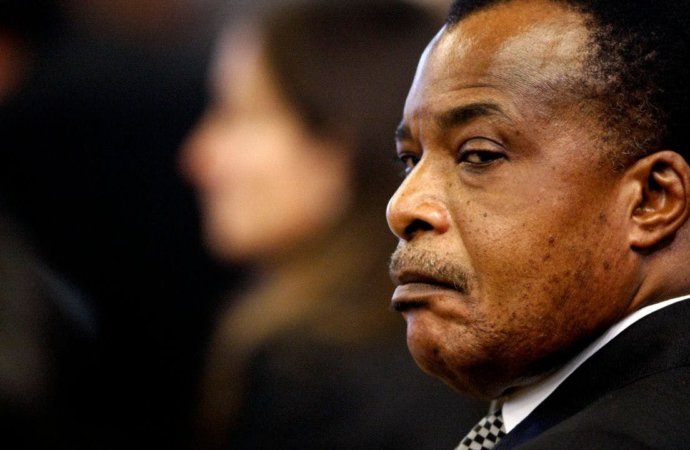Sovereign debt: Congo-Brazzaville at the gates of hell

In its latest rating published this weekend, the S&P Global Ratings agency confirmed Congo-Brazzaville's long and short-term sovereign credit ratings in foreign and local currencies at "CCC+/C", only two notches ahead of default of payment. Although the agency maintains the stable outlook for the solvency of the Congolese Treasury, it nevertheless expresses concerns about the country's inability to regain budgetary margins.
The stable outlook backed by the sovereign rating is immediately accompanied by a reservation from analysts at the S&P agency. In less technical language, this means that they should not be overinterpreted. The rating agency notes that the improvement in growth and liquidity conditions thanks to higher oil revenues contrasts with the persistent difficulties in securing budgetary financing. Hence this thinly veiled warning: "S&P could downgrade the country's sovereign ratings if there are indications that the government is including some or all of the outstanding commercial debt in any planned debt restructuring, or if a new liquidity stress seriously compromises its ability to meet commitments to bondholders”.
S&P Ratings Global does not exclude the possibility of an upgrade of the rating: “We could raise the ratings if we perceive a lower probability of a future commercial debt restructuring. This could be the case if, for example, the economic outlook strengthens beyond our current expectations or if we see an improvement in the results of the implementation of the IMF program”, underline the analysts of the agency. But this probability remains low if we stick to the country's macroeconomic outlook as outlined by the rating agency.
Congo-Brazzaville's sovereign rating remains subject to uncertainty over debt servicing and a fragile fiscal situation, with the country still dependent on the rebound in economic conditions to meet its financial commitments. While the government will benefit from budget surpluses over the 2023-2026 period, the weight of debt amortization will remain too high, which is likely to threaten repayments if the government fails to obtain restructuring.
The country's dependence on the oil sector remains a risk, given an expected slowdown in oil prices and sluggish production growth, which could dampen growth as well as fiscal and current account balances.
If Congo-Brazzaville "falls into hell", it will not be its first experience. This country defaulted twice on its eurobond in 2016 and 2017, recalls S&P Ratings Global. This prospect is therefore a probable hypothesis. Although liquidity conditions have eased in particular thanks to the IMF program signed in December 2019, Congo-Brazzaville has had great difficulty obtaining financing last year due to delays in the release of the Fund's line of credit . Nothing surprising, seem to say the analysts of S&P Ratings because “the record of this country as regards the implementation of the programs and the reforms of the IMF is rather poor”.
Too dependent on oil
The Congolese economy depends essentially on volatile and erratic oil production, which accounts for 80% of its exports and 45% of GDP.
GDP growth will reach 3.7% in 2023 and an average of 3.3% from 2023 to 2026, after a rate of 2.6% last year. The country benefited from high oil prices, which eased liquidity conditions in the economy. Domestic consumption was supported by the payment of domestic arrears by the government.
Production in the oil sector, which accounted for around 45% of the economy before the Covid-19 crisis, should gradually rise to 320,000 barrels per day by 2026 from just 280,000 in 2022, but remains below the 337,000 barrels per day of 2019.

